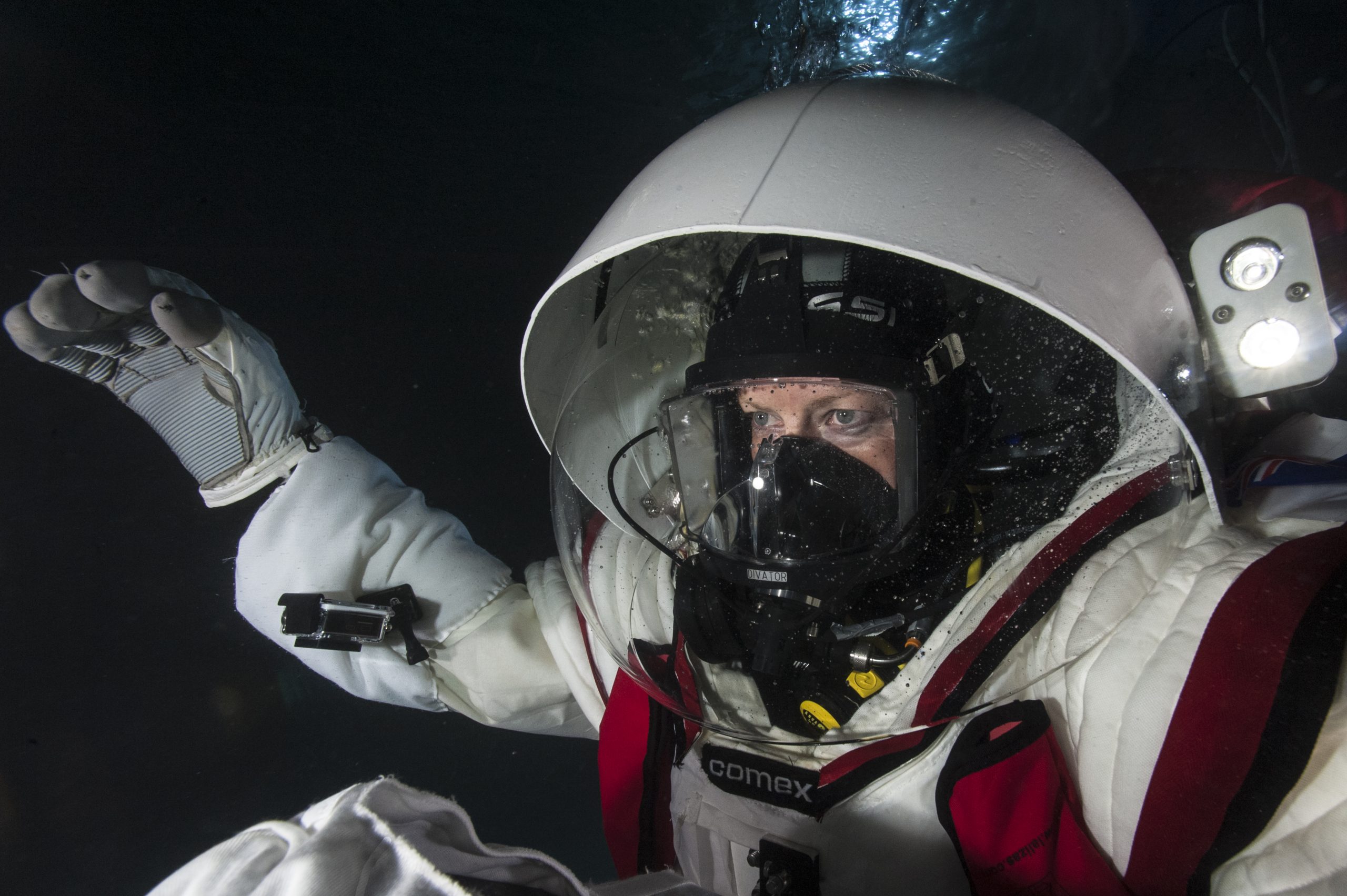The Human Roadblock to Mars Colonization
The dream of colonizing Mars, once relegated to science fiction, is increasingly viewed as a potential solution to Earth’s escalating challenges. However, a significant hurdle stands in the way: the human body is simply not yet equipped for the rigors of interplanetary travel. While technological advancements are pushing the boundaries of space exploration, the physiological limitations of humans pose a critical challenge that needs to be addressed before any large-scale Martian settlement becomes a reality.
The Astronaut Selection Paradox
Currently, the selection process for astronauts is incredibly stringent, effectively excluding a vast majority of the population. As Shawna Pandya, a research astronaut and director of the Space Medicine Group at the International Institute for Astronautical Sciences (IIAS), points out, the very definition of an “astronaut” is inherently limited. Historically, conditions like Type 1 diabetes were automatic disqualifiers, effectively closing the door on a significant portion of aspiring space travelers. This narrow selection criteria not only limits the pool of potential explorers but also raises questions about the long-term viability and representational nature of any Martian colony. A colony established by a select few, medically elite individuals, would lack the diversity and resilience of a truly representative human population.
Space Medicine: Paving the Path to Mars
The good news is that progress is being made. The field of space medicine is rapidly evolving, developing innovative solutions to address the numerous health risks associated with space travel. These challenges include the effects of prolonged exposure to microgravity, radiation, and the psychological stress of isolation in confined environments. Researchers are exploring countermeasures such as advanced exercise regimens, nutritional strategies, and pharmaceutical interventions to mitigate these risks. Furthermore, advancements in regenerative medicine and genetic engineering hold the potential to further enhance human resilience to the harsh conditions of space, potentially expanding the pool of individuals capable of undertaking such missions. The focus is shifting from simply selecting the “best” candidates to developing technologies and treatments that make space travel safer and more accessible to a broader range of people.
The Future of Martian Settlement
The successful colonization of Mars hinges on overcoming the limitations imposed by our current biological constraints. While the technological challenges of interstellar travel are immense, the human factor is arguably even more crucial. By investing in research and development within space medicine, we can broaden the possibilities for human space exploration. Only through a holistic approach that combines technological innovation with advancements in human physiology can we hope to realize the dream of a sustainable and truly representative human presence on Mars. The future of Mars colonization isn’t just about rockets and robots; it’s about pushing the boundaries of human biology and ensuring that the journey is inclusive and sustainable.
Based on materials: Vox





